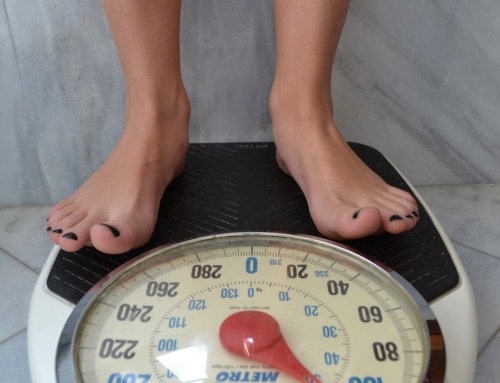Happy belated 4th of July. As I see and hear posts of animals bolting due to fear from the loud noises of the fireworks I can relate this to all of the people who are at least wanting to bolt due to other reasons. This is the “fight-or-flight” reaction that creatures (including us) get when super stressed. When we are under attack or under chronic stress, the body reacts by releasing certain hormones usually cortisol and adrenaline (epinephrine). This release of hormones can contribute to chronic pain, anxiety, mood changes like depression, sleep disruption, appetite changes, immune suppression as well as gut inflammation to name a few.
READ ON to learn more about how to work on your fight-or-flight system as well as improve many of the downstream effects. There is a training workshop coming up here in OKC/Edmond area starting next week that you won’t want to miss! READ ON to get more info…
Our bodies are masterfully created so when there is an on switch (the fight-or flight response) there is an off switch. Cue the vagus nerve. The vagus system is the counterbalance of the fight-or-flight response as well as the trigger for relaxation. Low vagal tone has been implicated in people who have heightened anxiety, sleep, and mood issues. In addition, it is being linked to immune responses as well as inflammation.
So how do you improve your vagal tone? Deep breaths have always been a go-to with anxiety but sometimes it’s just not enough. There are actually books and courses on how to improve your vagal tone. Kary and Bryan Ott (with Trinity Exercise Fitness) are now trained in vagal toning and are doing a Rewire course coming up! You can sign up for her course by calling 405-315-1195. They are offering private lessons or a small group training series that is starting next Monday, July 11.
In the meantime try these:
- 1. Belly breaths – when you inhale expand your belly and count to 6 holding at the top and then slowly exhaling
- 2. Loud gargling or Loud singing stimulates the vocal cords which in turn stimulate the vagus nerve
- 3. Foot massage (yes, please!)
- 4. Laughing
You can also grab a book to read more about this. Stanley Rosenberg “Assessing the healing power of the vagus nerve” would be a good one to reach for.
To your health,
Laura









